1. ΠΕΡΙ ΒΑΣΙΛΕΙΑΣ І - За царското управление I (1)
Φασί ποτε Ἀλεξάνδρῳ τῷ βασιλεῖ τὸν αὐλητὴν Τιμόθεον τὸ πρῶτον ἐπιδεικνύμενον αὐλῆσαι...
The first Discourse as well as the following three has for its subject Kingship, and from internal evidence is thought to have been first delivered before Trajan in Rome immediately after he became emperor...
Dio's conception of the true king is influenced greatly by Homer and Plato. The true king fears the gods and watches over his subjects even as Zeus, the supreme god, watches over all mankind. At the end is a description of the choice made by Heracles, who is the great model of the Cynics.
2. ΠΕΡΙ ΒΑΣΙΛΕΙΑΣ ІІ - За царското управление ІІ (2)
Λέγεταί ποτε Ἀλέξανδρον τῷ πατρὶ Φιλίππῳ μειράκιον ὄντα διαλεχθῆναι περὶ Ὁμήρου...
The second Discourse on Kingship is put dramatically in the form of a dialogue between Philip of Macedon and his son Alexander, and in it the son is Dio's mouthpiece, in marked contrast to the situation in the fourth Discourse, where Diogenes — and therefore Dio — is opposed to Alexander. We are shown here the way in which the true king acts in the practical affairs of life, and the Stoic ideal, drawn largely from Homer, is set forth. Toward the end the true king is contrasted with the tyrant.
3. ΠΕΡΙ ΒΑΣΙΛΕΙΑΣ ІІІ - За царското управление ІІІ (3)
Σωκράτης Ἀθήνησι, πρεσβύτης ἀνὴρ καὶ πένης...πυθομένου τινὸς εἰ εὐδαίμονα νομίζοι τὸν Περσῶν βασιλέα...
Dio's protest in this Discourse that he is not flattering would seem to indicate clearly that he is addressing Trajan — otherwise his words would be meaningless — and many of the things said point to the existence of very cordial relations between the orator and that emperor...
Stoic and Cynic doctrine as to the nature of the true king is set forth. The reference to the sun is of Stoic origin. Then Trajan, the type of the true king, is contrasted with the Persian king to the latter's disadvantage.
4. ΠΕΡΙ ΒΑΣΙΛΕΙΑΣ ІV - За царското управление ІV (4)
Φασί ποτε Ἀλέξανδρον Διογένει συμβαλεῖν οὐ πάνυ τι σχολάζοντα πολλὴν ἄγοντι σχολήν...
In the fourth Discourse Alexander the Great is represented as conversing with Diogenes, who tells him that the real king is a son of Zeus even as Homer says. Then he goes on to give the Cynic doctrine that this sonship is evidenced by qualities of mind and character, not by military power and wide dominion. He concludes by picturing graphically the spirit of avarice, the spirit of the love of pleasure, and the spirit of ambition, which rule the lives of ordinary men.
5. Peri douleias kai eleutherias I - За робството и свободата І (14)
Hoi anthropoi epithymousi men eleutheroi einai malista panton...
Dio begins this Discourse by saying that the majority of men do not know the real difference between slavery and freedom, and after examining the question for some time, finally states his own view that freedom is the knowledge of what is allowable and what is forbidden, while slavery is the opposite. Then, identifying the free man with the king, he proceeds to prove the paradox that the king, or free man, may be such although he is kept in prison or suffers other seeming indignities.
This Discourse along with the Fifteenth is our chief source for knowledge of the Stoic doctrine that the wise man alone is free.
6. Peri douleias kai eleutherias II - За робството и свободата IІ (15)
Alla men enanchos paregenomen tisi diamphesbetousi peri douleias kai eleutherias...
This Discourse, just like the preceding one, deals with the distinction between freedom and slavery, and for the same reasons may be assigned to the period of Dio's exile or later. Dio begins by reporting an informal debate on this question between two men, who we may suppose were Athenians. At the end of their debate Dio gives the reasoned opinion of the audience that when one human being gets lawful possession of another with the right to use him as he likes, then the second man is the slave of the first. After this the question is raised as to what constitutes valid possession.
The first speaker is just such another man as the slave Syriscus in the Epitrepontes of Menander. Both are voluble aggressive debaters with a wealth of illustrations drawn from mythology and tragedy to enforce their points.
7. ΑΓΑΜΕΜΝΩΝ Η ΠΕΡΙ ΒΑΣΙΛΕΙΑΣ - Агамемнон, или за царското управление (56)
Πότερα βούλει περὶ Ἀγαμέμνονος ἀκούειν φρονίμους λόγους, ἀφ´ ὧν ἔστιν ὠφεληθῆναι τὴν διάνοιαν...
This document appears to be a transcript of a conversation between Dio and an unnamed pupil. In his opening sentence Dio proposes Agamemnon as a topic likely to improve the mind. Having secured the pupil's acceptance of that theme, he proceeds, in true Platonic fashion, to elicit a definition of the word king; "he who exercises general supervision of human beings and gives them orders without being accountable to them." That definition having been obtained, he demolishes it by calling attention, first to the restraint imposed upon the kings at Sparta by the ephors, and then to Agamemnon's dependence upon Nestor and his council of elders... The various aspects of kingship are considered by Dio not only in the first four orations in our collection — assigned by Arnim to the opening years of Trajan's reign — but, at least incidentally, in several others.
8. ΠΕΡΙ ΒΑΣΙΛΕΙΑΣ ΚΑΙ ΤΥΡΑΝΝΙΔΟΣ - За царското управление и тиранията (62)
Καὶ μὴν εἴ τις ἑνὸς ἀνδρὸς οὐχ οἷός τε ἄρχειν ἐστί, καὶ τούτου σφόδρα ἐγγὺς ὄντος, ᾧ δὴ ξύνεστιν...
The complimentary address contained in our Discourse could hardly have been intended for any one but Trajan. Yet the document is so abrupt in both beginning and ending and so brief when compared with the four treatises on kingship supposed to have been addressed to Trajan that it is difficult to imagine that it ever was delivered as a distinct entity in the form in which we have it. It is of course conceivable that we are dealing with a fragment of a fifth speech on kingship addressed to the much-enduring Trajan, but it is more likely that we have before us a variant version of a portion of one of the addresses just mentioned. Dio himself makes it plain that on occasion he took the liberty of repeating to other hearers speeches previously delivered before "the Emperor." On such an occasion he doubtless felt free to modify the original wording, and such a procedure would explain the existence of certain doublets in his text. We may conjecture that his editor, finding the substance of Or. 62 imbedded in such a variant version of one of the four speeches to which we have referred and not wishing to discard it, gave it independent existence here.
9. ΠΕΡΙ ΝΟΜΟΥ - За закона (75)
Ἔστι δὲ ὁ νόμος τοῦ βίου μὲν ἡγεμών, τῶν πόλεων δὲ ἐπιστάτης κοινός, τῶν δὲ πραγμάτων κανὼν δίκαιος...
On stylistic grounds this Discourse has been assigned to the sophistic period of Dio's career. It is an encomium such as is familiar in sophistic literature, and it exhibits both the merits and the defects of that form of composition. Careful attention is paid to matters of detail connected with rhetorical effect, but one misses the note of sincere conviction to be found in many other writings of our author.
The topic chosen for eulogy is νόμος. As is well known, that word covers a wide range, meaning at one time usage sanctified by long tradition, at another divine ordinance, and at another statutory law. Dio treats all three varieties impartially, passing lightly from one to another and back again.
10. ΤΩΝ ΕΝ ΚΙΛΙΚΙΑΙ ΠΕΡΙ ΕΛΕΥΘΕΡΙΑΣ - За свободата (80)
Ὑμεῖς μὲν ἴσως θαυμάζετε καὶ παράδοξον ἡγεῖσθε καὶ οὐδαμῶς σωφρονοῦντος ἀνδρός, ὅστις ἁπάντων ἀποστάς, περὶ ἃ οἱ πολλοὶ σπουδάζουσι...
The freedom which the speaker has chosen as his theme is the freedom which characterizes himself, the philosopher — freedom to come and go as suits his fancy, freedom from the anxieties and inconveniencies that harass mankind at large, freedom from the temptations which assail seekers after riches or fame or self-indulgence. Such freedom belongs to him who leads the simple life, obedient to the ordinances of Zeus rather than to those of some imperfect, earthly law-giver. This creed is abundantly fortified with illustrations drawn from Greek myth and history.
(J.W. Cohoon)
About the Latin Academy in the Vatican
13 years ago
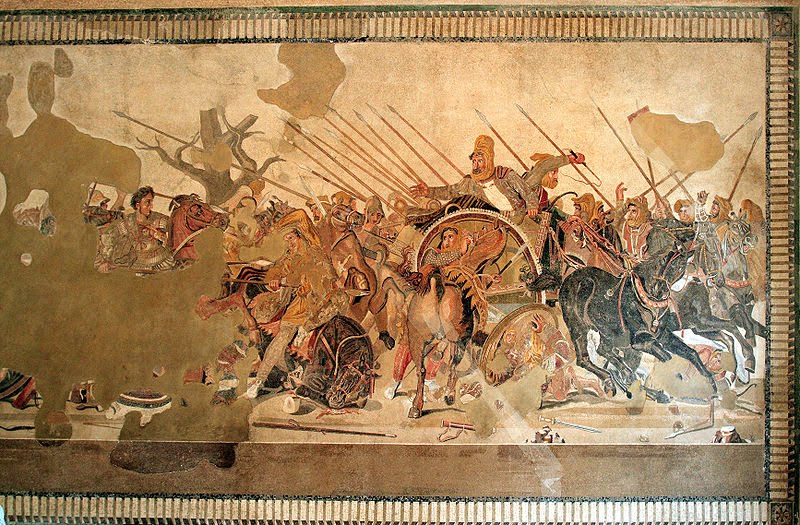
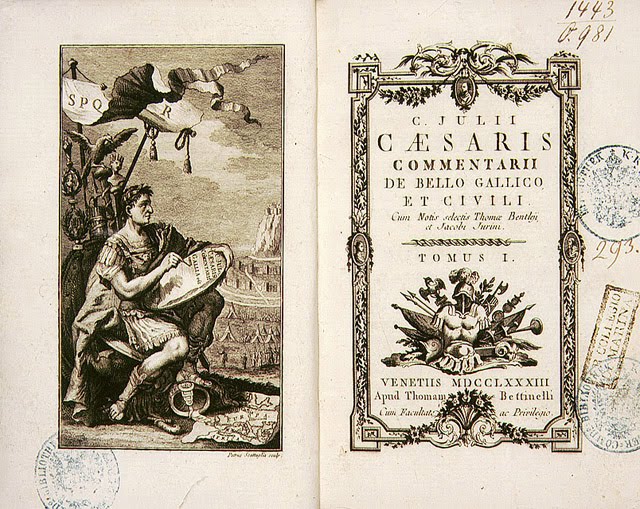
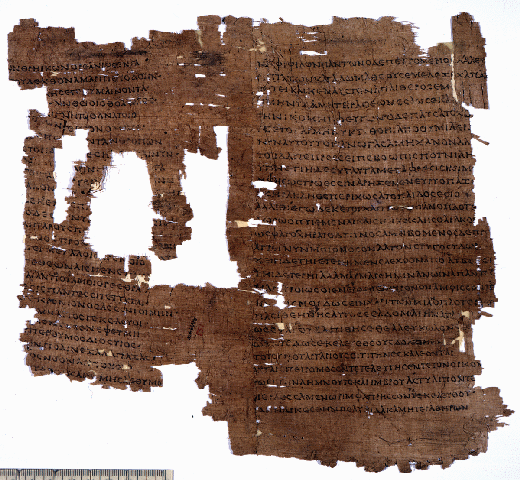
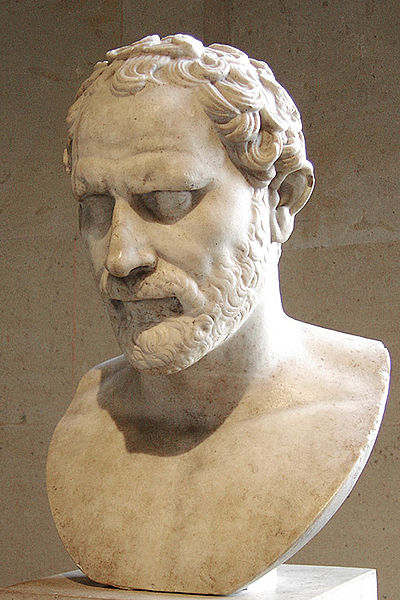


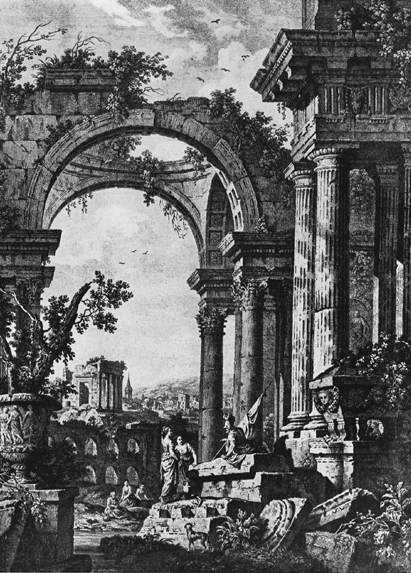




No comments:
Post a Comment